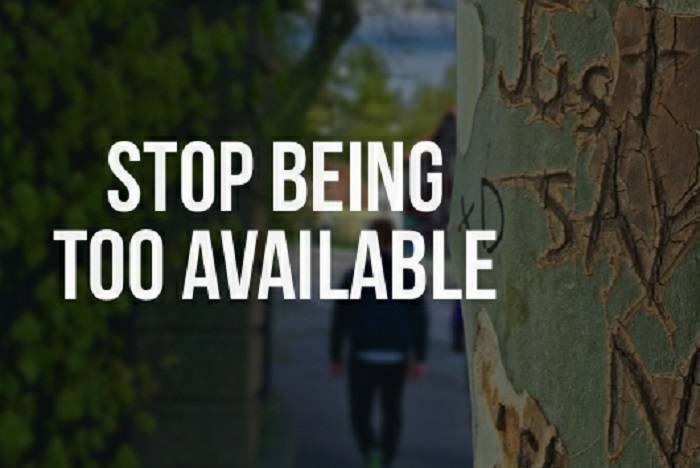In a world where smartphones are practically glued to our hands and constant connectivity is the norm, the idea of not picking up the phone might seem radical. However, there’s a growing movement advocating for the benefits of disconnecting from our devices. In this comprehensive guide, we’ll delve into the reasons why you should resist the urge to answer every call and explore the positive impact it can have on your well-being and productivity.
Why Do We Feel Compelled to Answer Every Call?
Before we dive into the reasons why you shouldn’t pick up the phone, let’s examine why many of us feel an irresistible urge to answer every call that comes our way. Several factors contribute to this behavior:
- Fear of Missing Out (FOMO): We’re afraid that if we don’t answer, we’ll miss out on important information or opportunities.
- Social Expectations: Society often expects us to be constantly available and responsive, leading to feelings of guilt or anxiety when we ignore calls.
- Habit: Over time, constantly checking our phones and responding to calls becomes a deeply ingrained habit that’s hard to break.
- Pressure to Be Productive: In today’s hyper-connected world, there’s a pervasive belief that being constantly available makes us more productive and successful.
The Downside of Always Being Available:

While it’s natural to want to stay connected, there are significant downsides to always being available to answer calls:
- Increased Stress Levels: Constantly being on call can lead to heightened stress levels as we feel the pressure to respond promptly to every communication.
- Reduced Productivity: Interruptions from phone calls can disrupt workflow and decrease productivity, especially for tasks that require deep focus and concentration.
- Impaired Relationships: Constantly checking our phones during conversations or social gatherings can signal disinterest and harm our relationships with others.
- Negative Health Effects: Excessive smartphone use has been linked to various health issues, including eye strain, poor posture, and disrupted sleep patterns.
Benefits of Not Answering the Phone:
Contrary to popular belief, there are numerous benefits to setting boundaries and not always picking up the phone:
- Increased Focus and Productivity: By limiting interruptions from phone calls, you can devote more time and energy to important tasks, leading to greater productivity and efficiency.
- Improved Mental Health: Disconnecting from constant communication can reduce feelings of overwhelm and anxiety, promoting better mental well-being.
- Enhanced Relationships: Being fully present during interactions with others fosters deeper connections and strengthens relationships.
- Better Work-Life Balance: Establishing boundaries around phone use allows for dedicated time for rest, relaxation, and activities unrelated to work.
Strategies for Not Picking Up the Phone:
Implementing strategies to resist the urge to answer every call can help you reap the benefits of disconnecting:
- Set Boundaries: Establish specific times when you won’t answer calls, such as during meals, family time, or designated work periods.
- Use Airplane Mode: Turning on airplane mode or enabling “Do Not Disturb” mode can temporarily block incoming calls and notifications.
- Prioritize Calls: Screen incoming calls and only answer those that are truly urgent or important.
- Delegate Responsibilities: If possible, delegate phone duties to others, such as a colleague or virtual assistant, to reduce the pressure to always be available.
- Communicate Your Boundaries: Let friends, family, and colleagues know about your phone usage boundaries and encourage them to respect your preferences.
In a world where constant connectivity is the norm, the idea of not picking up the phone may seem counterintuitive. However, by setting boundaries and disconnecting from constant communication, you can experience numerous benefits, including increased focus, improved mental health, and stronger relationships. So the next time your phone rings, consider whether answering it aligns with your priorities and goals. Sometimes, the power of saying no to that call can have a profound impact on your well-being and productivity.


